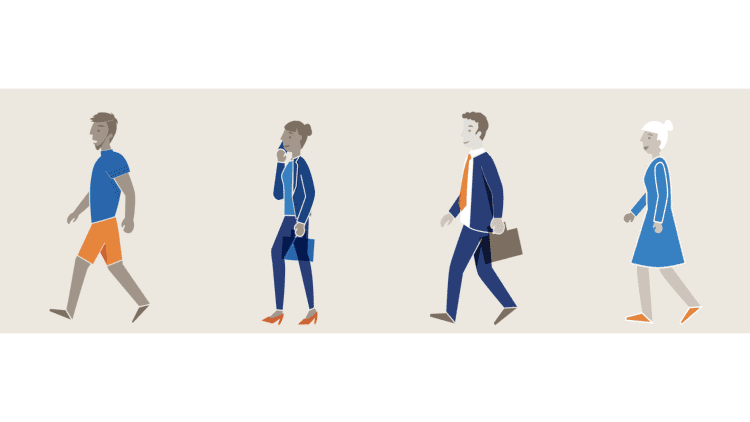Walmart's 1.4 million employees will now have the option of getting paid earlier.
The giant retailer teamed up with fintech start-up Even, an app that allows workers to access cash before their next payday. The app helps users budget their money by telling them exactly how much they can spend before their next paycheck arrives.
The idea is to help employees avoid payday loans and feel less worried about cash flow, Walmart COO Judith McKenna told the New York Times.
Critics say the move is a sign that Walmart doesn't pay enough. But the problem may be bigger than that: As Michael Corkery of the Times points out, the new service "highlights, albeit unwittingly, the financial struggles of the low-wage workers in the retail and service industries. Even as the economy strengthens, many workers in stores and restaurants are not earning enough to make ends meet."

It's not just workers in stores and restaurants struggling to make ends meet, either. Millions of employees across U.S. industries are in a precarious financial position: 49 percent of all Americans are still living paycheck-to-paycheck, and about half can't cover a $400 emergency.
That's partly why half of all Americans have nothing put away for their future.
Even many families living on six-figure salaries feel cash-strapped and "don't expect to ever retire."
Many workers in stores and restaurants are not earning enough to make ends meet.Michael CorkeryNew York Times reporter
Financial expectations have changed over the past several decades, as prices have risen while wages haven't kept pace. As Richard Rubin, economy reporter for the Wall Street Journal, tells NPR: "We've seen costs go up for things that seem like core parts of the middle-class life," such as health care and education.
"So even if food prices or electronic goods or other things have not gotten more expensive, those things — health care and education — have gotten more expensive. And so what it feels like to be middle class now can be different from what it felt like 25, 30, 40 years ago."
No matter the size of your paycheck or how often you get paid, almost anyone can pay themselves first and begin saving for the future. Even if you just set aside a tiny percentage of your income in a retirement account, it's better to start small than to not get started at all.
Here are a few tips and tricks to help you get started:
- 10 small things to give up if you want to save more money
- 8 tips to save a fortune, from everyday people who are retiring before 45
- 6 smart ways to save your money, according to people who've socked away thousands
- 8 strategies for saving money from a couple that banked $50,000 last year
Like this story? Like CNBC Make It on Facebook!
Don't miss: Here's how many Americans are living paycheck-to-paycheck



